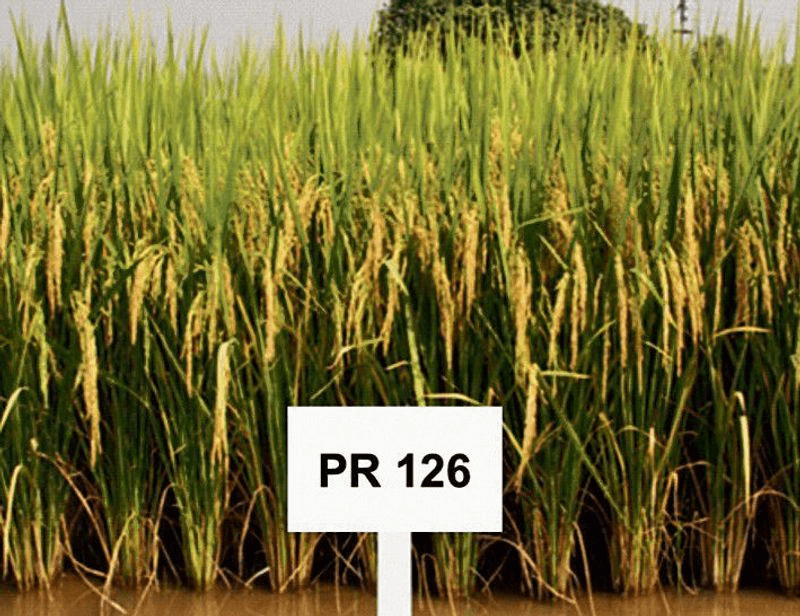Tags
Millers, farmers concerned over ‘spurious’ PR 126 rice, want its authenticity verified
Seed being sold for Rs 3,500 per kg, as against just Rs 56 per kg of original variety.
Mohit Khanna/Tribune News Service

A controversial hybrid variety of PR 126 short-duration rice is currently under scrutiny, creating a stir in Punjab’s agricultural sector. Sold to farmers at a steep price of Rs 3,500 per kg, this hybrid variety was marketed as an improved version of the original PR 126 variety, which was sold for just Rs 56 per kg.
The issue came to light after sheller owners refused to process the crop, citing high levels of breakage of grain during milling. Some sheller owners called for lab tests to determine the authenticity of the seeds and even pushed for discontinuing the PR 126 variety in the next season. Millers have reported that the paddy-to-rice conversion ratio of this hybrid seed was lower than expected.
Breaking silence on the issue, Dr SS Gosal, Vice-Chancellor of Punjab Agricultural University (PAU), refuted the allegations surrounding the short-duration PR 126 variety, asserting that the controversy over breakage held no substance.
“The PR 126 variety was approved eight years ago and has performed well over the years. The problem only emerged in the last two seasons when some seed dealers sold hybrid seeds, falsely claiming them to be an improved version of PR 126,” said Dr Gosal. He clarified that the PAU had never approved or released any hybrid variety of PR 126.
“We have learned that the hybrid seeds were sold for Rs 3,500 per kg, while the authentic PR 126 seeds are sold at Rs 56 per kg,” he said. The PAU V-C added that the original PR 126 variety was given the green light by the State District Approval Committee, which includes millers.
“This variety meets all necessary requirements and typically offers a yield of around 67 kg rice after processing 100 kg paddy. In some parts of Patiala, the production has reached up to 35 to 36 quintals per acre,” Dr Gosal added.
Addressing the recent concerns raised by sheller owners, Dr Gosal pointed to early harvesting practices in Haryana as a potential cause for the breakage issue. “Farmers in Haryana, particularly in the NCR region, are drawn to the PR 126 variety because of its short duration, allowing them to tap into the lucrative vegetable market in Delhi. However, many harvested the crop prematurely in early to mid-September, leading to higher moisture levels and breakage during milling. No such issues have been reported in Punjab,” he explained.
Tarsem Lal, president of the All-India Rice Millers Association, echoed Dr Gosal’s defence of the PR 126 variety but criticised the sale of hybrid and spurious seeds.
“PR 126 is an excellent variety, but some companies sold counterfeit seeds to farmers under the guise of an improved version. This led to a paddy-to-rice conversion ratio of only 61-62 kg per 100 kg of paddy,” Lal said.
Meanwhile, rice millers have unanimously decided to boycott the storage of PR 126 variety until the authenticity of the seeds is verified. “We urge the government to conduct lab tests to assess the seeds’ quality and ensure that the paddy-to-rice conversion ratio meets the standards,” added Saini, a representative of the millers.
https://www.tribuneindia.com/news/patiala/millers-farmers-concerned-over-spurious-pr-126-rice-want-its-authenticity-verified-2/Published Date: October 17, 2024






